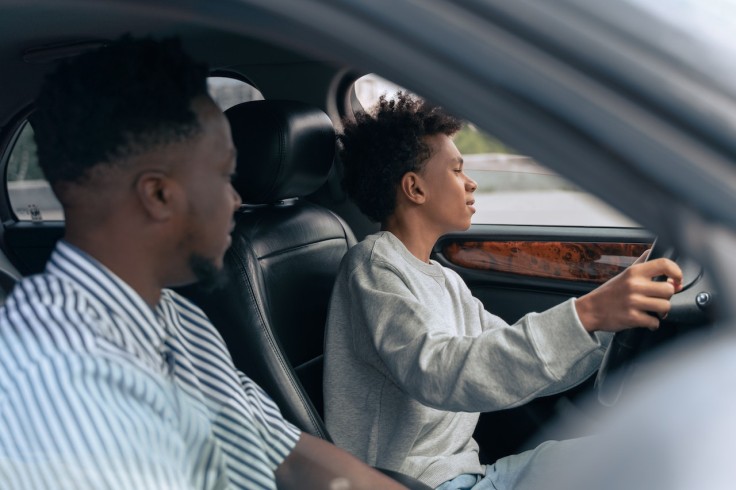
New research states that exhausting hours of supervised driving lessons can be a stress-inducing process for the teenage student sitting in the driver's seat and the parents instructing in the passenger's seat.
According to a recently released study from Allianz Australia, 66 percent of learners, mostly teenage students, and 65 percent of teachers, mostly parents and caregivers, equally experience stress in driving lessons.
Further, the study stated that 76 percent of learners passed their first attempt at a driving test due to a stress-free experience, concluding that the more stress is minimized, the bigger the chance of passing.
Reasons for the stress
The study gathered 1,000 Australian drivers over 18 and discovered that stress came about due to parents and sibling teachers not reviewing road rules and not setting up good examples when driving themselves.
Sixty percent of the teachers admitted to not reading up about road rules before teaching, while 56 percent did not reflect on their bad driving habits. Forty-One percent of the learners revealed that their teachers were not setting a good example when driving.
Angelo Russo, a Sydney-based driving instructor for 13 years, stated that most parents are not capable of transferring driving knowledge to their children, especially if driving has become natural and routine to them - habitually repeated and, thus, is already automatic to body movements and reactions, as reported by Mandurah Mail.
"You can't teach what you don't know. Most parents learnt to drive 20-30 years ago, the rules have changed, everything's changed over the years, " Russo declared and further emphasized, "These poor driving behaviours are easily passed on to your learner when they're in the passenger seat and are enough to see them fail on their driving test. I encourage all teachers to lead by example."
Teachers' stress was determined through their evident tense posture, impatience, and tone and volume of their voices.
It was also found that the parents and sibling teachers can be "much harsher on themselves."
However, the study also revealed that despite the tension, learners and parents understand each other, with a third of the respondents wishing they could have been more appreciative, empathetic, and patient with each other.
Teaching Tips for Parents
With Allianz Australia discovering a significant correlation between stress and driving test success, they asked Russo for helpful tips on how parents can efficiently teach their children to drive.
1. Look behind to get ahead.
Teachers should get an additional rear vision mirror to ensure that they can also see what is behind them.
2. Plan routes ahead and add variety to your trips.
Plan the trips and make them appropriate to the ability and experience of the learners. Choose more straightforward routes if still starting and increase the difficulty as the learners improve their driving skills.
3. Drop the bad habits.
Reflect on one's driving so as not to transfer the bad habits to the learners. Again, lead by example.
4. Insurance is a must.
Make sure the car is insured before allowing the learner to use it.
5. Be prepared for the unexpected.
Prepare learners for different driving conditions and assist them in navigating the unexpected moments better because there will be a lot.
6. Keep calm and drive on.
Learners will feed on the teachers' energy. Thus, if the teacher gets annoyed or impatient, the learners will also reflect these. Maintaining a calm facade is crucial to an effective and productive driving lesson.
Very Well Family encourages parents to work with their children patiently. No matter how good a teacher is in technical instruction, they will not be successful without patience. Patience can make a "huge difference in your teen's driving, now and in the future."
Joseph, a Melbourne father of two, admitted that teaching his children to drive was a "test of parental patience." Still, it was all worth it seeing them pass the test and become a better driver himself as his own driving knowledge was tested and gaps and bad habits were exposed.